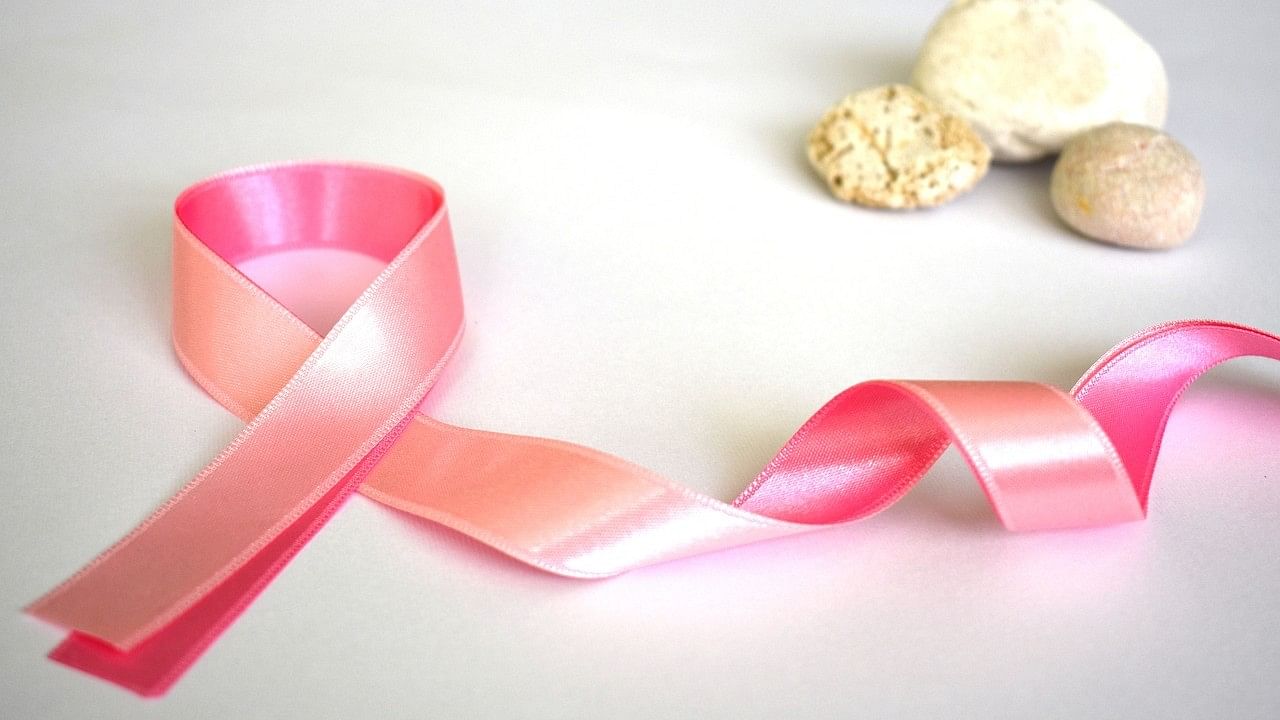
Representative image.
Credit: Pixabay Photo
Despite India's high rate of breast cancer, the country accounts for less than 1 per cent of the global sales of some effective branded drugs for the same, according to global non-profit, Third World Network.
Exorbitant costs prevent most patients from accessing the medicines.
Karnataka is estimated to have around 30,000 cases of breast cancer, along with around 9,800 new cases added annually.
For the drug Ribociclib, developed by Novartis, sales in India is only $9.9 million out of the global sales of $1,210 million. Similarly, for Abemaciclib, developed by Eli Lilly, India sales is only $2.5 million out of the global sales of $808 million. These drugs are used for treating HER2-negative metastatic breast cancer, which account for 45 per cent of all invasive breast cancers.
For a patient in India, buying these medicines for just a 10-month period would cost Rs 7.7 lakh and Rs 11 lakh, respectively, said Gopa Kumar, legal advisor at Third World Network, during a discussion on Thursday.
Responding to a petition filed by a now-deceased breast cancer patient in the Kerala High Court, Novartis and Eli Lilly had recently opposed compulsory licensing, saying their drug sales were already high.
Compulsory licensing is when the government allows a third party to manufacture a patented product without the patent owner's consent. It would allow development of cheap generic drugs.
Chetali Rao, biotechnology patent lawyer at Third World Network, said that the five-year survival rate of breast cancer is only 65 per cent in India compared to around 90 per cent in developed countries. She said the sale price of medicines often exceed in proportion to the actual cost of drug development, and that the government should invoke sections of the Patent Act, 1970, for compulsory licensing.